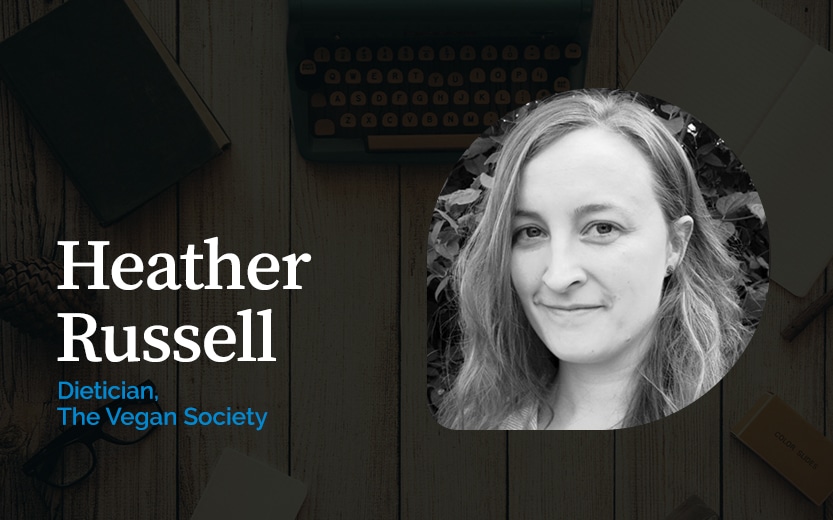You hear a lot of scare stories about soya, which is a shame because it’s a valuable source of nutrition, particularly if you avoid animal products like meat and dairy. Soya-based foods can be enjoyed by people of all ages, and may even provide some health benefits.
Nutrition
Soya beans have a special nutritional profile. Their fat content is higher than other beans – mainly heart-friendly unsaturated fat. The quality of soya protein is similar to that of the protein found in meat and dairy, making some soya-based foods great alternatives to these animal products.
Soya is useful for people with higher protein needs, like young children, athletic individuals and people over 65; it’s important that all their meals contain good protein sources. Including foods such as soya beans, soya milk and yoghurt, tofu and soya mince helps to ensure that a vegan diet is rich in high quality plant protein.
It’s also good to know that some soya-based foods are excellent sources of calcium. For example, just 70g (uncooked weight) of calcium-set tofu can provide about a third of the daily calcium target set for adults in the UK; that might equate to less than a quarter of a block! Soya or linseed bread fortified with extra calcium as well as fortified soya milk and yoghurt are also really rich in calcium.
You hear a lot of scare stories about soya, which is a shame because it’s a valuable source of nutrition
Soya products can be divided into two categories: unfermented (soya beans, soya milk, tofu and soya mince); and fermented (tempeh and miso). The protein in unfermented soya is already easy for our bodies to digest, and there is little evidence to suggest that fermentation makes soya more healthful.
Health
There may be some health benefits associated with eating soya products daily. Soya beans are rich in fibre and low in saturated fat, making them a heart-friendly source of protein. Some dietary approaches to lowering cholesterol promote the consumption of soya protein because research suggests that soya-based foods can help with cholesterol management as part of a well-balanced diet.
You may have heard people say that soya is a danger to human reproductive health. These claims are based on studies of other species or laboratory research, involving either pure phytoestrogens from soya or high doses. Other species are affected by phytoestrogens in different ways to humans, and soya-based foods provide lower amounts of phytoestrogens, which do not affect our bodies in the same way as the sex hormone oestrogen. After reviewing the evidence, the World Health Organisation and the European Food Safety Authority have both concluded that and a balanced diet containing soya is safe. For anyone experiencing menopausal symptoms, research suggests that eating soya may help to reduce the severity of hot flushes.
There are different approaches to growing soya, and it can be done with respect for people and the environment
If you want to read more about soya and health, the British Dietetic Association provides a great fact sheet here.
Sustainability
Vegans use soya and other crops in an efficient way by consuming them directly and avoiding animal products. As with every crop, there are different approaches to growing soya, and it can be done with respect for people and the environment. Many products on UK shelves contain soya grown in Europe.
For more information about vegan nutrition, visit The Vegan Society’s nutrition pages here.











